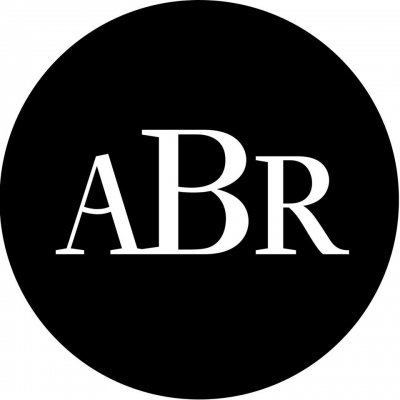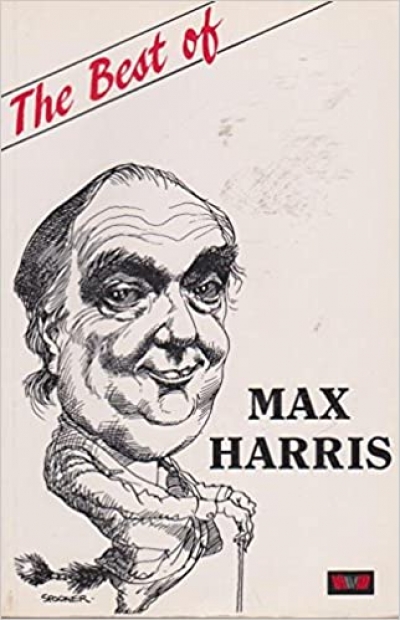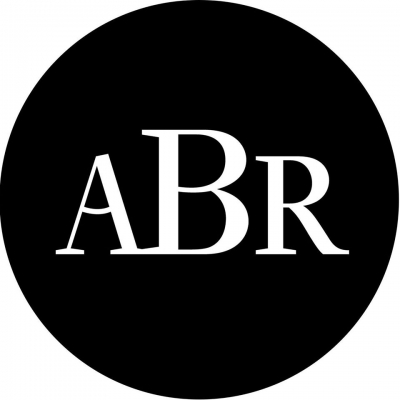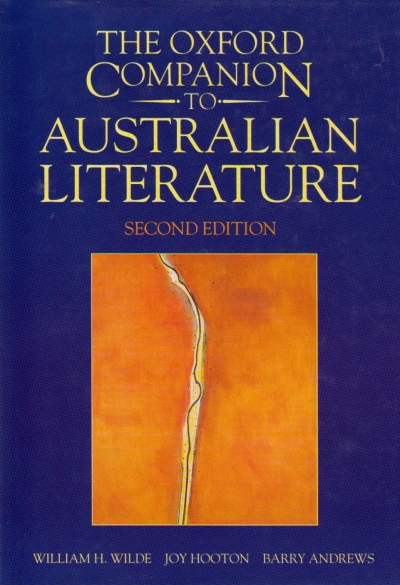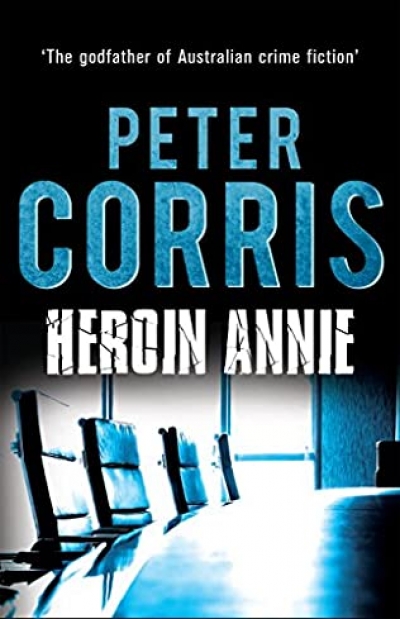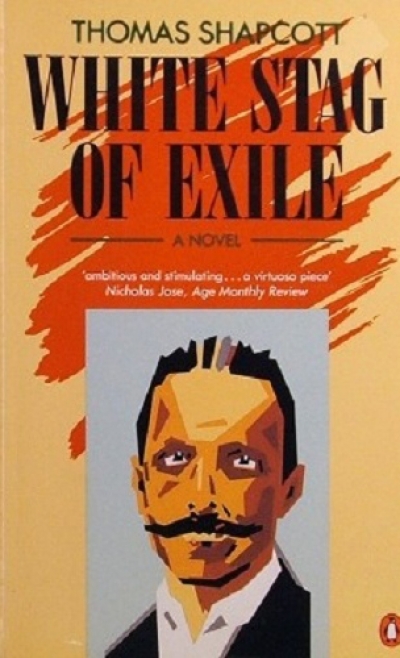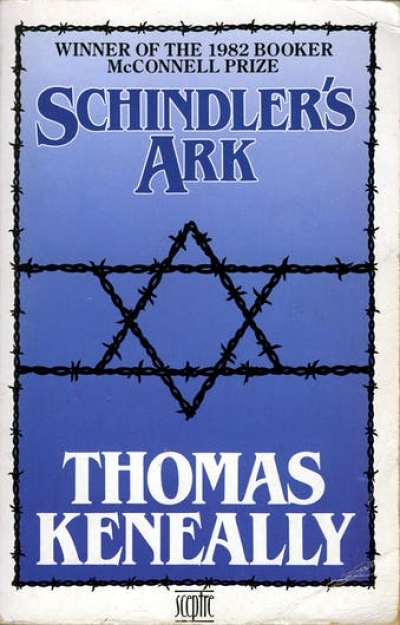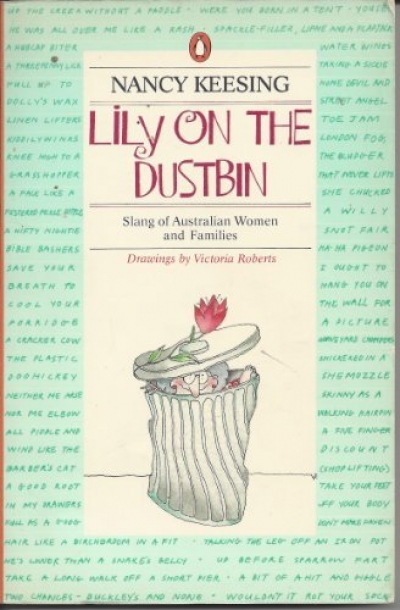John Hanrahan
Melbourne has Moomba and Melbourne Cup week. Sydney and Perth have cultural festivals. And so, pre-eminently, does Adelaide. Even from the backblocks of Melbourne, Adelaide Writers’ Week stirs up a real thrill.
... (read more)The Best of Max Harris: 21 years of browsing by Max Harris
My first contact with Arthur Phillips was through a note signed A.A.P., attached to a short story that an editor couldn’t find space for. The note pointed out that the story lacked reality, e.g. a child was allowed to sit in a hotel bar. When I finally got to meet A.A. Phillips, it was over a drink. The pleasure at meeting was enhanced by a child at the next table. I ribbed Arthur about this, telling him that he had sinned against the commandments of social realism. He allowed me my small victory (the story is still unpublished) and then told a number of very funny stories against himself. I knew him only slightly, but that minimal acquaintanceship showed him to be as extraordinary and as delightful in his living as he was in his writing.
... (read more)The Oxford Companion to Australian Literature edited by William H. Wilde, Joy Hooton, and Barry Andrews
A tense moment in this household is when two of my children produce books to be read. Mercifully, the Mr Men and the more excruciating of the Golden books have been mysteriously mislaid; and we have gone beyond whiffy Miffy. It is a delight to return to Aranea and John Brown and the Midnight Cat, by Jenny Wagner and Ron Brooks; to look again at Possum Magic by Mem Fox and Julie Vivas. And a bit sad to realise that the great achievement of contemporary children’s fiction is not given enough serious recognition in the community at large.
... (read more)
